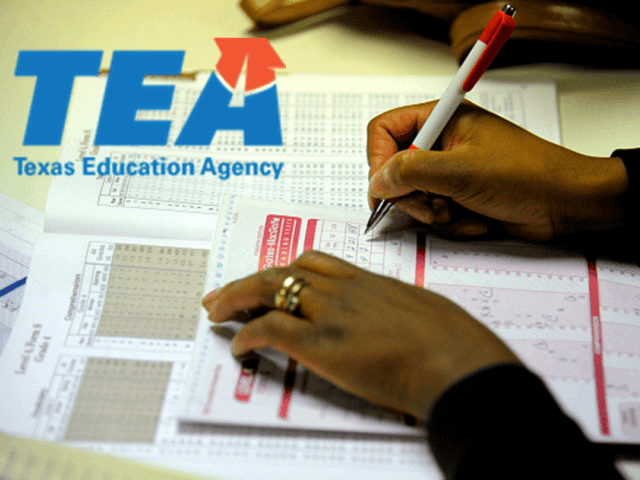Texas Education Commissioner Mike Morath announced Monday the number of the state’s high school students taking at least one Advanced Placement (AP) course more than doubled over the past decade. In fact, the percentage of Texas students participating in the program outpaced the national average.
It did not show; however, that more meant better when it came to taking the end-of-course exams.
According to the Texas Education Agency (TEA), the Class of 2015 reflected 116,404 or 40.5 percent of high school students who took an AP test, which was 3.2 percent higher than the national average of 37.3 percent. However, only 20.8 percent of Texas students scored a college credit-bearing grade of 3 or higher on an AP exam during high school. This ranked below the national average of 22.4 percent.
The Dallas Morning News reported that bump in participation has not translated into an increase in higher test results. They pointed out only about 1 in 5 students scored 3 or higher and, with more students taking the test, there’s bound be more lower results.
“It’s not only important that we continue to see more students taking AP exams in the years ahead, we should also maintain an expectation for high levels of success,” said Morath.
The Class of 2015 saw more AP test takers from low-income households in Texas — 50.5 percent, according to the College Board. Of those students, 44.6 percent achieved a score of 3 or higher, almost double the national average of 24.2 percent, and higher than any other state. In 2004, low-income students only comprised 16.6 percent of Texas high school students who scored a 3 or higher. Texas is one of many states that subsidizes the $92 test fee for low-income students to encourage AP participation.
One of the allures of AP is that test results can transfer into college credits for those students continuing on to higher education. Traditionally, the 60-plus-year program courses are known for their accelerated academic achievement, bringing first year college-level work into high school classrooms, also providing the promise of college preparedness. Texas is one of 15 states that awards college credit statewide or system-wide to students earning scores of 3 and higher on AP exams, according to the AP cohort data in the 2015 College Board Program Results report.
The College Board tracked Texas high schoolers who took an AP exam over 10 years, beginning in 2005 where 57,273 or 23.9 percent of students tested. The national average was 21.2 percent. In 2010, the number of students grew to 82,418 or 30.2 percent while nationwide only 27.8 percent of high school students tested in an AP course. In 2014, the number of Texas students increased to 107,451 or 39.1 percent. The nation came in at 35.7 percent.
Nationwide, nearly 1.5 million high school students took a 2014 AP exam but only 1 in 8 received a passing score, according to U.S. News and World Report. The national figures also doubled since 2004, when only 12 percent of 11th and 12th grade students took AP exams and 7.6 percent passed.
Two years ago, questions arose over the College Board’s redesigned AP US History (APUSH) framework after large chunks of American history evaporated from the course. This, concerns of rampant liberal curriculum bias, and Common Core alignment lead to public outcry. The Texas State Board of Education (SBOE) lead the charge, passing a resolution to stop the redesigned APUSH. While this action was merely a gesture, it resulted in a further College Board revision of the course, although respected experts, including conservative commentator Stanley Kurtz, felt these revisions fell short.
Kurtz wrote for the National Review: “I would say that the revisions do not allay my concerns about the College Board’s approach to AP U.S. history. The College Board has removed some of the framework’s most egregiously biased formulations, yet the basic approach has not changed.”
The College Board administers the AP program, its exams, and the retooled SAT college entrance exam. Board President David Coleman, appointed by President Obama, is often dubbed the architect of the Common Core standards.
Follow Merrill Hope on Twitter @OutOfTheBoxMom.

COMMENTS
Please let us know if you're having issues with commenting.